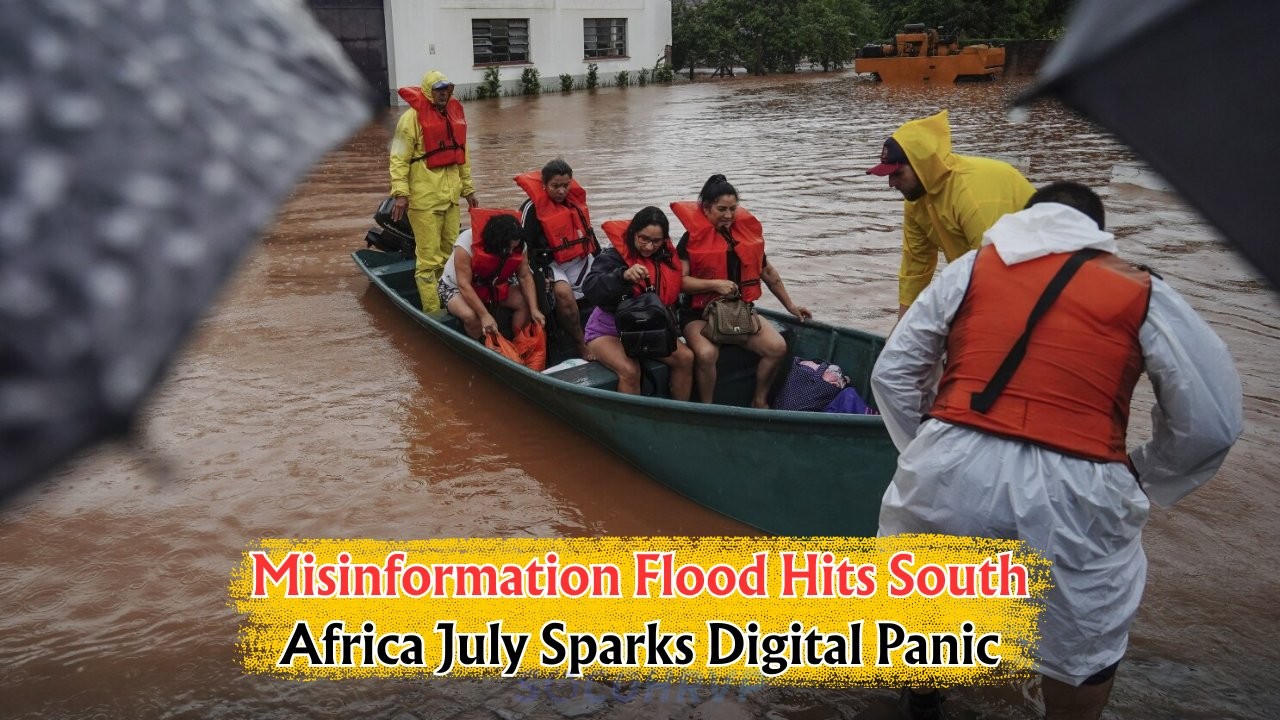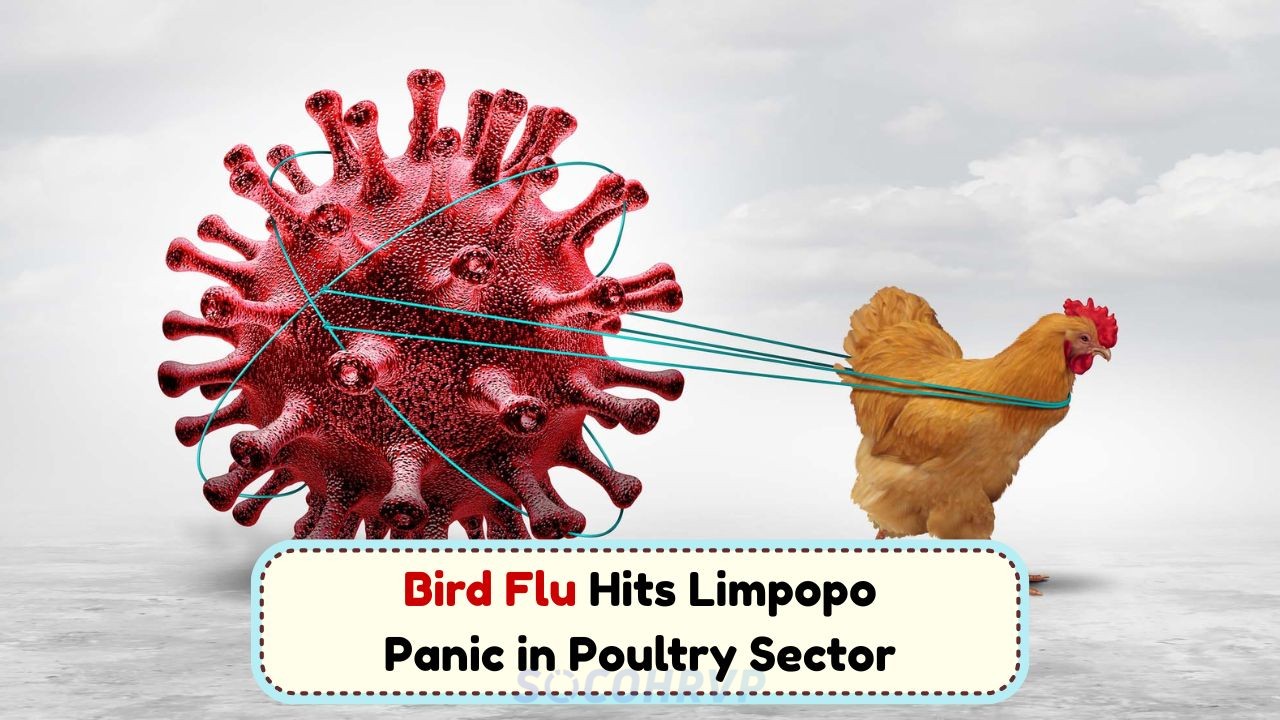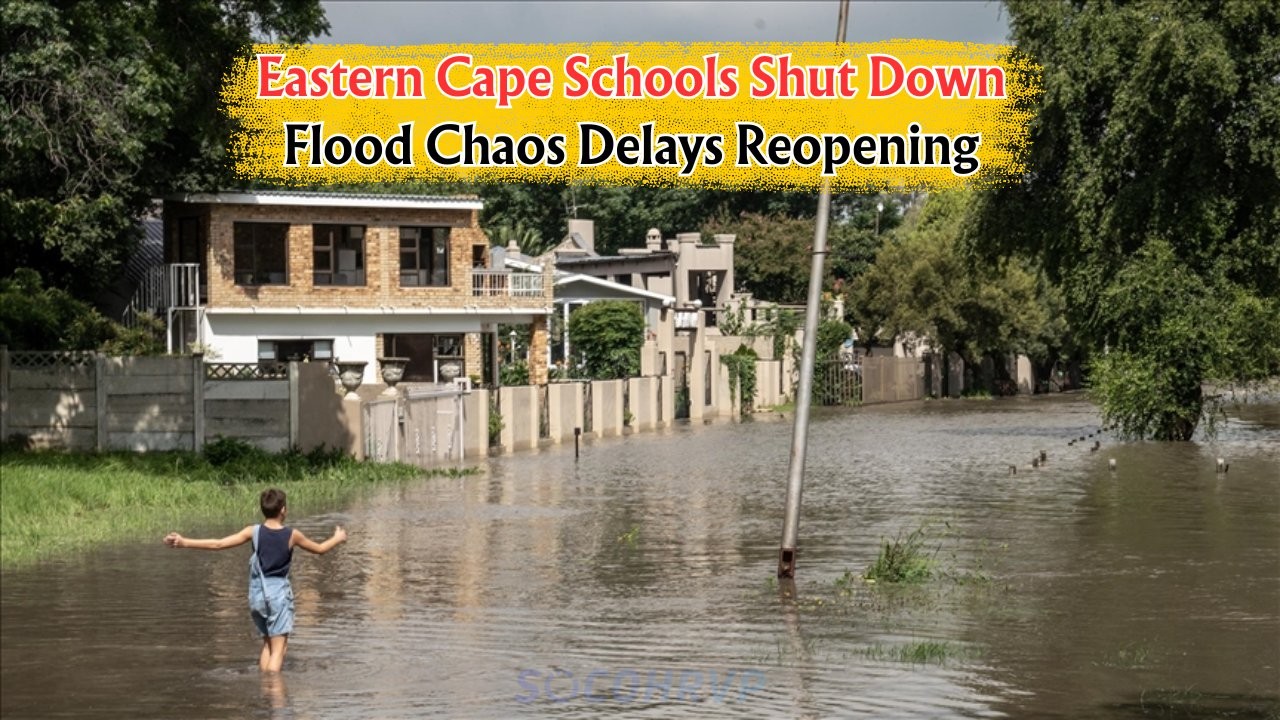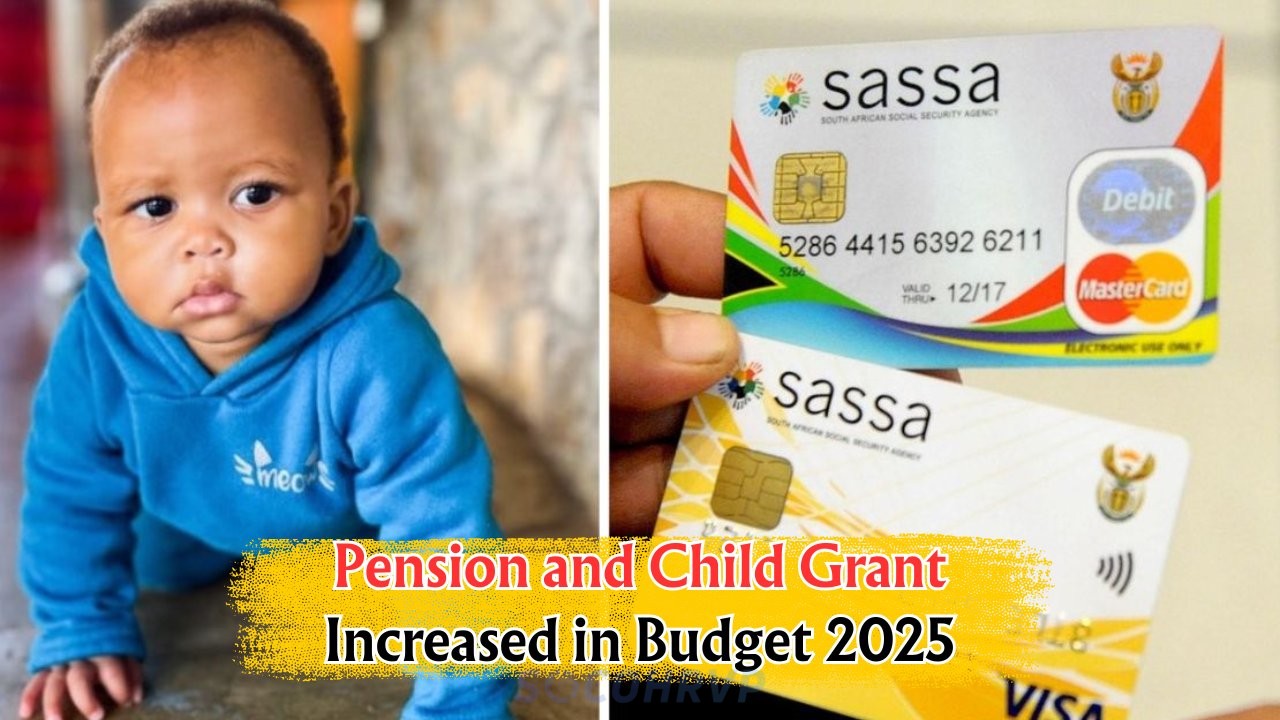July 2025 Digital Crisis: In July 2025, South Africa found itself embroiled in a significant digital crisis, characterized by a surge in fake news that swept through the nation. This misinformation wave not only disrupted public trust but also strained resources as authorities scrambled to address the emergency. Social media platforms became hotbeds for false narratives, primarily driven by anonymous accounts that exploited the volatile information landscape. The crisis highlighted the urgent need for robust digital literacy and strategic interventions to safeguard the public from misinformation. As South Africans grappled with this unprecedented challenge, the focus shifted towards understanding the root causes and developing long-term solutions to prevent future occurrences.
Understanding the July 2025 South Africa fake news crisis
The July 2025 digital crisis in South Africa was not merely an isolated incident but a manifestation of deeper issues within the digital ecosystem. At its core, the crisis was fueled by a combination of factors including the rapid dissemination of false information across social media platforms, inadequate fact-checking mechanisms, and a general lack of digital literacy among the population. The proliferation of fake news had severe implications, as it not only misled the public but also caused unnecessary panic and confusion. Addressing this crisis required a multi-faceted approach, involving the collaboration of government agencies, tech companies, and educational institutions to foster a more informed and resilient society.
- Rapid spread of misinformation
- Lack of digital literacy
- Inadequate fact-checking mechanisms
- Panic and confusion among the public
- Need for collaborative solutions
Impact of fake news in July 2025 on South Africa
The impact of the fake news crisis in July 2025 on South Africa was profound, affecting various sectors of society. The misinformation wave led to economic disruptions as businesses struggled to manage the fallout from rumors and false reports. Public health and safety were also compromised, with fake news leading to misguided health practices and increased anxiety among citizens. Furthermore, the trust in media and governmental institutions was eroded, as the public questioned the reliability of information sources. The crisis underscored the need for stronger regulatory frameworks and enhanced public awareness campaigns to combat the spread of false information.
| Sector | Impact | Response | Outcome | Lesson Learned |
|---|---|---|---|---|
| Economy | Disruptions | Business adaptations | Stabilization | Proactive measures |
| Public Health | Compromised safety | Health advisories | Improved practices | Continuous education |
| Trust in Media | Erosion | Enhanced fact-checking | Partial restoration | Transparency |
| Government | Questioned reliability | Public statements | Mixed reactions | Communication strategy |
| Society | Increased anxiety | Awareness campaigns | Reduced panic | Ongoing engagement |
Strategies to combat fake news in South Africa after July 2025
In response to the July 2025 crisis, South Africa has implemented several strategies to combat the pervasive issue of fake news. Central to these efforts is the strengthening of digital literacy programs, which aim to equip citizens with the skills needed to critically evaluate online information. Additionally, collaborations between government bodies and tech companies have been fostered to enhance the detection and removal of false content on digital platforms. The establishment of independent fact-checking organizations has also been prioritized, providing the public with reliable resources to verify information. These strategies are designed to create a more resilient digital landscape, capable of withstanding future challenges.
Key elements in South Africa’s post-crisis strategy
Addressing the fake news issue requires a comprehensive strategy encompassing various elements. Firstly, enhancing digital literacy across all age groups is crucial to empower individuals to discern credible information from false narratives. Secondly, fostering partnerships with tech companies is essential to develop advanced algorithms for detecting and mitigating fake news. Thirdly, the establishment of independent fact-checking bodies provides a necessary layer of accountability and verification. Lastly, ongoing public awareness campaigns ensure that the populace remains informed and vigilant. Together, these elements form a robust framework to tackle misinformation in the digital age.
- Enhanced digital literacy
- Tech company partnerships
- Independent fact-checking organizations
The role of technology in addressing South Africa’s digital crisis
Technology plays a pivotal role in addressing the digital crisis faced by South Africa in July 2025. Advanced algorithms and machine learning tools are being developed to detect and filter out false information before it reaches a wide audience. Social media platforms are also implementing more stringent measures to verify the authenticity of content and user accounts. Furthermore, real-time data analysis enables authorities to monitor the spread of misinformation and respond swiftly to emerging threats. These technological advancements are critical in creating a safer and more trustworthy digital environment for all users.
- Detection algorithms
- Content verification measures
- Real-time data analysis
Challenges in implementing solutions to the fake news crisis in South Africa
Despite the progress made in addressing the fake news crisis, several challenges remain. A significant obstacle is the sheer volume of content generated daily, which makes monitoring and verification a daunting task. There is also the issue of balancing freedom of speech with the need to curb harmful misinformation. Additionally, resource constraints can hinder the implementation of comprehensive digital literacy programs, particularly in underserved communities. Addressing these challenges requires sustained effort and innovation from all stakeholders involved.
Future outlook for South Africa’s digital information landscape
- Increased collaboration
- Policy development
- Community engagement
- Technological innovation
- Continued vigilance
How South Africa’s government is responding to digital challenges post-2025
In the aftermath of the 2025 digital crisis, the South African government has taken proactive steps to enhance its response to digital challenges. This includes the formulation of new policies aimed at regulating online content and ensuring accountability from digital platforms. Public-private partnerships have been strengthened to facilitate the development of innovative solutions tailored to the local context. Furthermore, ongoing engagement with the public is prioritized to foster trust and transparency. These efforts are indicative of a commitment to safeguarding the digital space while respecting democratic values.
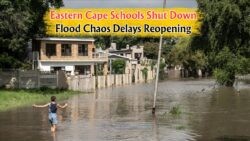 Eastern Cape Students Brace for Extended July 2025 School Shutdown as Flood Repairs Linger
Eastern Cape Students Brace for Extended July 2025 School Shutdown as Flood Repairs Linger
| Initiative | Objective | Status | Outcome |
|---|---|---|---|
| Policy formulation | Regulate content | Ongoing | Improved accountability |
| Public-private partnerships | Innovative solutions | Established | Enhanced collaboration |
| Public engagement | Foster trust | Continuous | Increased transparency |
| Digital literacy programs | Empower citizens | Expanding | Greater resilience |
| Tech advancements | Mitigate misinformation | In progress | Safer environment |
Role of education in preventing future digital crises in South Africa
- Curriculum updates
- Teacher training
- Student engagement
Building resilience against fake news in South Africa
As South Africa continues to build resilience against fake news, education remains a cornerstone of these efforts. By integrating digital literacy into the national curriculum, students are equipped with essential skills to navigate the digital world responsibly. Teacher training programs are also critical, ensuring educators are prepared to guide students in identifying credible information. Engaging students through interactive and practical exercises fosters a culture of critical thinking and discernment. This educational approach not only addresses current challenges but also prepares future generations for the evolving digital landscape.
| Level | Focus |
|---|---|
| Primary Education | Basic digital literacy |
| Secondary Education | Critical thinking skills |
| Higher Education | Advanced media studies |
| Adult Education | Ongoing learning |
| Community Programs | Public workshops |
| Teacher Training | Guidance and support |
FAQs on South Africa’s digital crisis and fake news
What caused the July 2025 digital crisis in South Africa?
The crisis was primarily caused by the rapid spread of fake news across social media platforms, exacerbated by a lack of digital literacy and insufficient fact-checking mechanisms.
How is South Africa addressing fake news post-2025?
South Africa is enhancing digital literacy programs, forming partnerships with tech companies, and establishing independent fact-checking organizations to combat misinformation.
What role does technology play in combating fake news?
Technology facilitates the development of algorithms and tools for detecting and mitigating fake news, while social media platforms implement content verification measures.
How can individuals help prevent fake news?
Individuals can help by staying informed, critically evaluating information sources, and reporting suspicious content to relevant authorities.
What challenges remain in addressing fake news in South Africa?
Challenges include the volume of content, balancing free speech with regulation, and resource constraints for digital literacy programs.
